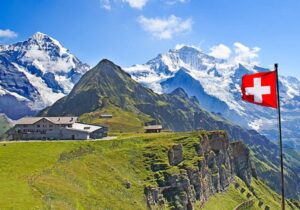
Most Ukrainians express a positive attitude towards Switzerland, although a significant proportion of respondents remain neutral. This is evidenced by the results of a nationwide sociological survey conducted by Active Group in collaboration with the information and analytical center Experts Club in August 2025.
According to the data, 60.3% of Ukrainians have a positive opinion of Switzerland (42.0% — mostly positive, 18.3% — completely positive). Only 1.7% of respondents expressed a negative attitude (1.3% — mostly negative, 0.3% — completely negative). At the same time, 36.7% remain neutral, and 1.7% said they did not have enough information about the country.
“Ukrainians associate Switzerland with reliability, stability, and humanitarian support, which the country provides in difficult times. The high level of trust indicates Switzerland’s positive image, despite a certain detachment in global politics,” commented Active Group co-founder Oleksandr Pozniy.
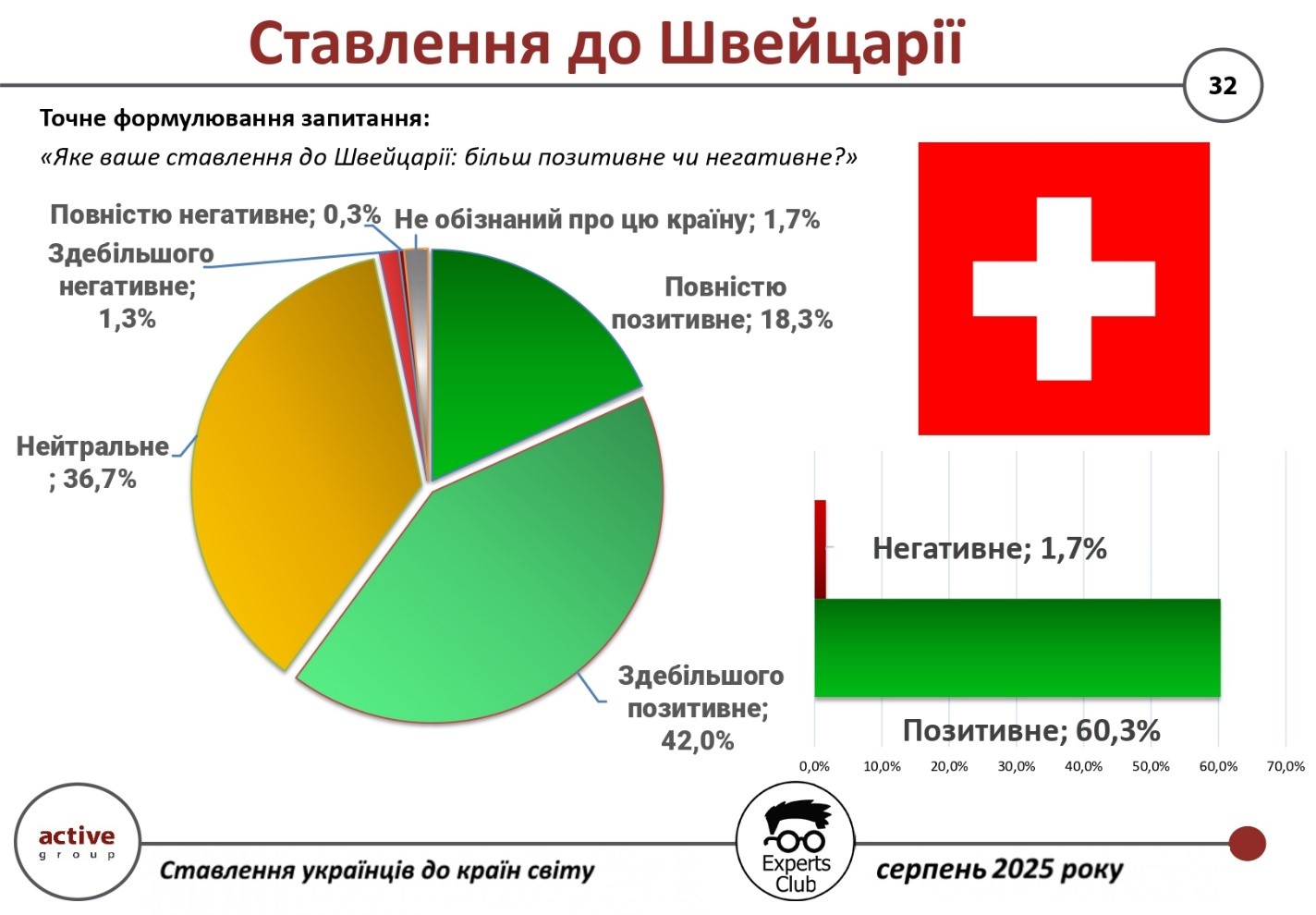
In turn, Maksim Urakin, founder of Experts Club, emphasized economic ties:
“In the first half of 2025, trade turnover between Ukraine and Switzerland exceeded $928 million. At the same time, Ukrainian exports amounted to only $44 million, while imports from Switzerland reached almost $884 million. The negative balance of more than $839 million is significant, indicating Ukraine’s substantial dependence on imports from this country,” he stressed.
The survey was part of a broader program of research into the international sympathies and antipathies of Ukrainians in the current geopolitical context.
The full video can be viewed at: https://www.youtube.com/watch?v=YgC9TPnMoMI&t
You can subscribe to the Experts Club YouTube channel here: https://www.youtube.com/@ExpertsClub
ACTIVE GROUP, DIPLOMACY, EXPERTS CLUB, Pozniy, SOCIOLOGY, SWITZERLAND, TRADE, URAKIN
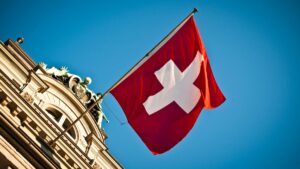
Switzerland is maintaining its level of involvement in helping Ukraine with humanitarian response despite the global recession in donor support, said Serge Umov, Head of Humanitarian Aid in Ukraine at the Swiss Agency for Development and Cooperation.
“As for Switzerland, I am pleased to announce that we are not reducing our humanitarian commitments. Our assistance is not as large as that provided by the United States and other European partners. But we are maintaining our involvement for at least the next few years. We do not plan to reduce our efforts to provide humanitarian assistance to Ukraine,“ said Serge Umov during a roundtable discussion titled ”Humanitarian Action in War: Protection of Personnel, Innovation and Influence on World Politics” at Interfax-Ukraine.
At the same time, according to the representative of the Swiss Agency, the current crisis opens up opportunities to rethink approaches to humanitarian response.
“We will need, and we are already doing, to change some things in our approaches and the way we operate. Every crisis also opens up new opportunities,” he added.
He called localization of humanitarian aid and support for the capacity of Ukrainian organizations one of the priorities of the conditions.
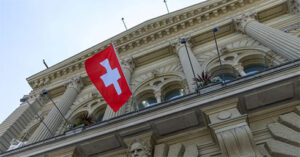
The Swiss Federal Council at a meeting on Wednesday approved the Agreement between Switzerland and Ukraine on cooperation in the reconstruction of Ukraine, according to the Swiss government portal.
“This State Treaty provides a legal basis for enhanced cooperation with the Swiss private sector in the reconstruction of Ukraine. The State Treaty will be signed at the Ukraine Recovery Conference 2025 in Rome. The text of the agreement will then be submitted for consultation and approval by the Parliament,” the report says.
It is reported that back in the summer of 2024, the Federal Council developed a number of measures to strengthen the participation of the Swiss private sector, complementing humanitarian aid and traditional international cooperation projects in Ukraine. “Right now, cooperation with the private sector is limited to Swiss companies that are already registered in Ukraine. Strengthening cooperation with Swiss companies that are not yet operating in Ukraine requires a new legal framework. The Federal Council is creating it through an intergovernmental agreement approved today,” the statement explained.
The agreement will allow Ukraine to buy goods and services from Swiss companies for reconstruction projects in the form of non-refundable financial assistance. The support will be provided mainly in sectors that are a priority for Ukraine, in which Swiss international cooperation is already active in Ukraine and in which Switzerland is competitive. These include energy, transport and mobility, mechanical engineering, construction, water resources and disaster protection and preparedness. The intergovernmental agreement stipulates that Ukraine will play a key role in defining the projects: it will identify its reconstruction needs and provide a list of necessary goods and services from Switzerland. These will be procured in accordance with Swiss public procurement law.
“The Federal Council delegate from Ukraine, Jacques Gerber, will sign the State Contract together with Yulia Sviridenko, First Deputy Prime Minister and Minister of Economy of Ukraine, on the margins of the Fourth Ukraine Recovery Conference to be held in Rome on July 10 and 11, 2025. This high-level conference series was founded in Lugano in 2022 after the outbreak of the war against Ukraine and focuses on the rapid recovery and long-term reconstruction of Ukraine. After signing the State Treaty, the Federal Council will conduct a consultation process and submit a document to the Federal Assembly to approve the agreement,” the statement said.
The Federal Council adopted the program for Ukraine for 2025-28 on February 12, 2025. It marks the beginning of a twelve-year process of federal support for reconstruction, reforms and sustainable development in Ukraine. For this purpose, CHF1.5 billion ($1.86 billion) has been allocated from the international cooperation budget until 2028, a third of which will be allocated to increase Swiss private sector involvement in Ukraine’s reconstruction.
The Federal Council is Switzerland’s highest executive body. All seven of its members constitute the federal government and act as Switzerland’s collective head of state.
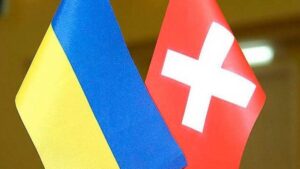
First Vice Prime Minister and Minister of Economy of Ukraine Yulia Svyrydenko and Ambassador Jacques Gerber, delegate of the Swiss Federal Council for Ukraine, signed an agreement amending the memorandum of understanding between the Ministry of Economy of Ukraine and the Swiss State Secretariat for Economic Affairs (SECO), which provides for a doubling of funding for recovery projects in Ukraine to CHF100 million.
As the press service of the Ministry of Economy reported on Tuesday, the document formalizes the decision of the Swiss Confederation to increase support for the competition for projects to restore Ukraine. The competition is open to Swiss companies that are already operating in Ukraine and can help in its recovery.
According to both sides, the interest of businesses was so high that they decided to double the funding at once.
“The high interest from Swiss business is a clear signal that our intergovernmental agreements are working. The additional CHF50 million will be allocated to projects in the areas of civilian protection, infrastructure restoration and development of the public utilities sector, as well as the modernization of public services. We are particularly interested in developing cooperation in the fields of energy, transport, housing, water supply, healthcare, industrial engineering, and education,” the press service quoted Svyrydenko as saying.
It is noted that the signed agreement opens up new opportunities for the implementation of joint projects under the intergovernmental initiative, which was launched in early 2025. The allocated funds are part of a broader CHF1.5 billion assistance program for Ukraine from Switzerland for 2025-2028. In total, Switzerland plans to invest CHF5 billion in a 12-year support program.
According to Jacques Gerber, the decision to increase funding is the result of close and trusting cooperation between Ukraine and Switzerland.
“Last week I visited Chernihiv, and last year I saw the scale of destruction in Kharkiv. Ukraine’s needs for recovery and reconstruction are enormous. At the same time, Swiss companies continue to operate in Ukraine despite all the challenges. They create jobs and pay taxes to the state budget of Ukraine. They also want to contribute to the country’s recovery,” Gerber explained.
The Ministry of Economy recalled that a memorandum of understanding between the Ministry and SECO on the implementation of a competition for projects for the economic recovery and reconstruction of Ukraine in cooperation with Swiss companies was signed on January 23, 2025, during the World Economic Forum in Davos.
The Ministry of Economy added that Switzerland is one of Ukraine’s key partners in the construction process. In April 2014, the Swiss government announced a program of long-term support for Ukraine totaling 5 billion francs for 12 years.
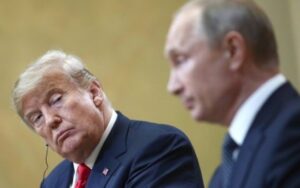
Switzerland is ready to host a meeting between Presidents Donald Trump and Vladimir Putin if they request it, Le Temps reported on Saturday, citing a Swiss Foreign Ministry spokesman.
“Since the Burgenstock summit, Ukraine, Russia and the United States have been regularly informed of our readiness to support any diplomatic efforts aimed at establishing peace,” Le Temps quoted Nicolas Bideau, head of the Foreign Ministry’s communications department, as saying.
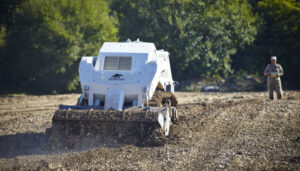
The Swiss government will provide 30 million Swiss francs (about $34.7 million) to support the work of the Geneva-based Fondation suisse de déminage (FSD) in Ukraine until 2027, Swiss Foreign Minister Ignazio Cassis has said.
“These are players at the forefront. We need a strategy, but above all we need the men and women who do the work and the machines. I believe that with this contribution, the Swiss Foundation will be able to significantly expand its activities,” he said at a conference on Thursday in Lausanne at the Second Annual Ukraine Mine Action Conference (UMAC-2024).
Cassis noted that with this support, the FSD will be more confident in its work, as it knows that Ukraine’s strategic mine action plan will be funded in the long term and therefore it can commit to it.
The Foreign Minister noted that such international conferences often become a catalyst for government decisions to allocate support, and expressed hope that other countries would follow the example of Switzerland, which last year also allocated CHF100 million for demining to Ukraine over four years.
“The purpose of the conference, which aims to strengthen international cooperation and support for humanitarian assistance in Ukraine, is precisely to share knowledge and best practices at the technical level and at the same time at the political level to ensure support, not only moral but also financial and strategic, for the recovery, which is not an easy task,” said Cassis.
He noted that the conference will result in a call to action.
“We don’t need new rules, we don’t need papers, we need action. And it is on this word that we would like to focus the attention of all those present here today,” the Foreign Minister emphasized.
According to him, since the beginning of Russia’s full-scale aggression, Switzerland has allocated about CHF3.7 billion to Ukraine, most of which is intended for 65 thousand Ukrainians who have been accepted by the country.
Cassis said that the Swiss government has decided to remain committed to Ukraine for the next 12 years, and expects that the country’s parliament will reconsider its decision and approve the allocation of CHF1.5 billion over the next four years for a program for Ukraine, which includes humanitarian demining, as well as recovery, digitalization, decentralization and other projects.
He added that a program for spending these funds is being prepared, which will provide a general picture of what Switzerland wants to do over the next four years.
“Some things still have to be approved by the parliament. Discussions are ongoing. I am confident that by the end of the year we will have positive decisions to maintain our support for Ukraine,” he concluded.